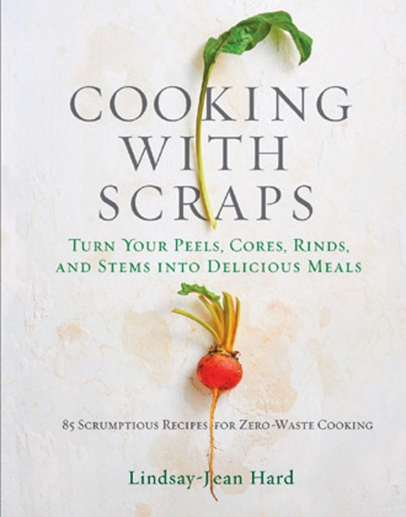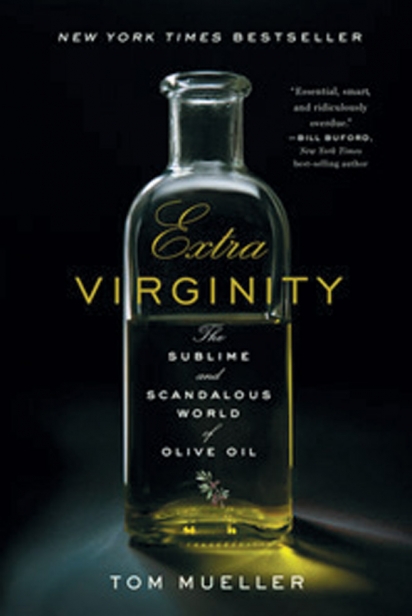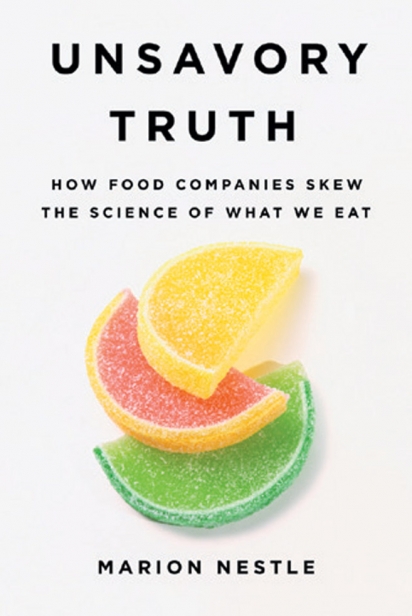Edible Reads: Spring, 2019
It is with great pleasure that the Edible WOW editorial team introduces a new regular feature: Edible Reads. Here you will find synopses of relevant, useful and entertaining food-focused books to inspire your home-cooking adventures and encourage thoughtful conversations on topical food-related issues around the table and out in the community. Each Edible Reads column will include a book by a local-area author and will feature a cookbook, a look at a particular food product or artisan and an exploration of food science or food politics. These are not book reviews, per se, but rather books that we personally recommend along with short summaries to explain why.
We’d even like to take this concept beyond our pages and into the community through a quarterly author talk with complementary food and beverage tastings. And we will be launching a moderated Edible Reads Book Club to dig deeper into activating some of the things we’ll learn together. Stay tuned for upcoming dates and locations!
Cooking with Scraps: 85 Scrumptious Recipes for Zero-Waste Cooking, by Lindsay-Jean Hard
Having grown up in a kitchen where my mother could make a week’s worth of dinners from leftovers, I’ve always had deep respect for not wasting food. And M.F.K. Fisher’s classic How to Cook a Wolf, first published in 1942, in which she details how to eat happily even in trying times of wartime shortages and food rationing, inspired me to always try to make the most of simple ingredients. But no book has delighted me more nor given me more ideas for creative cooking than Ann Arbor–based author Lindsay-Jean Hard’s new cookbook, Cooking with Scraps.
Growing out of her “Food52” column of the same name, Hard’s book is a must-have reference work—a book, she says, “You can turn to when you don’t know what to do with underutilized produce parts and other widely neglected odds and ends.”
It’s an artfully designed and practical guide to following the Japanese concept of mottainai, a word that Hard encountered while living in Japan, used to express regret when something is wasted. Who hasn’t felt a twinge of guilt when chopping off and throwing away those carrot and radish tops or beet greens? Ever wondered if you could do something with all the peelings from apples, beets, squashes—even banana peels? And think twice before you toss the cornhusks or cobs. With recipes like “Banana Peel Cake,” “Beet Peel Margarita” and “Spicy Carrot Top Kimuchi,” Hard gives you approachable recipes to clean out your crisper by making simple dishes. Most importantly, here are methods that—after a bit a practice—you can adapt to make your own meals with scraps that you most often have on hand.
Extra Virginity: The Sublime and Scandalous World of Olive Oil, by Tom Mueller
Telling the fascinating natural history of olive oil wrapped in a titillating modern-day tale of global food industry fraud and intrigue, Tom Mueller’s book Extra Virginity will open your eyes and change the way you purchase this essential pantry staple. A regular contributor to The New Yorker, Mueller writes beautifully and elaborately about the mythical, culinary and health attributes of olive oil that have obsessed people from different cultures throughout the ages. But in addition to its golden attributes, olive oil has been the medium for darker, more sinister forces of human nature—from medieval sorcerers and Renaissance witches to the present-day olive oil industry’s profit-motivated adulterers. It’s a hard book to put down.
Unsavory Truth: How Food Companies Skew the Science of What We Eat, by Marion Nestle
Aptly described by fellow food writer Mark Bittman as “a guiding light for sanity, credibility and justice in food and nutrition for decades,” author and food scientist Marion Nestle once again delivers profound truths about the foods we consume daily. In her newest book, Unsavory Truth, she fearlessly follows the money funneled for nutritional research from Big Food industry giants through the research labs that generate the findings we collectively have grown to trust as facts.
Does eating dark chocolate and almonds reduce your risk for heart disease? The results of research funded by The Hershey Company and the Almond Board of California say they do. Will drinking Coke teach the world sing in perfect harmony? The Coca-Cola Company was behind the research study that concluded that light exercise is all you need to balance calories—as opposed to limiting what you eat and drink.
Nestle acknowledges both the difficulties faced by food scientists in finding adequate funding for research and the very real need for nutritional studies that can contribute to a more healthful population, but she firmly places funding responsibilities on the side of government. She argues that in democratic societies, “Our [elected] leaders should not be allowing food companies to determine policies on nutrition and health.” As citizens, it is up to us to question these studies when they are published and to demand not just transparency but food-industry-free research, so that we may make better choices on our pathway to a more ethical, healthy and sustainable food system.






